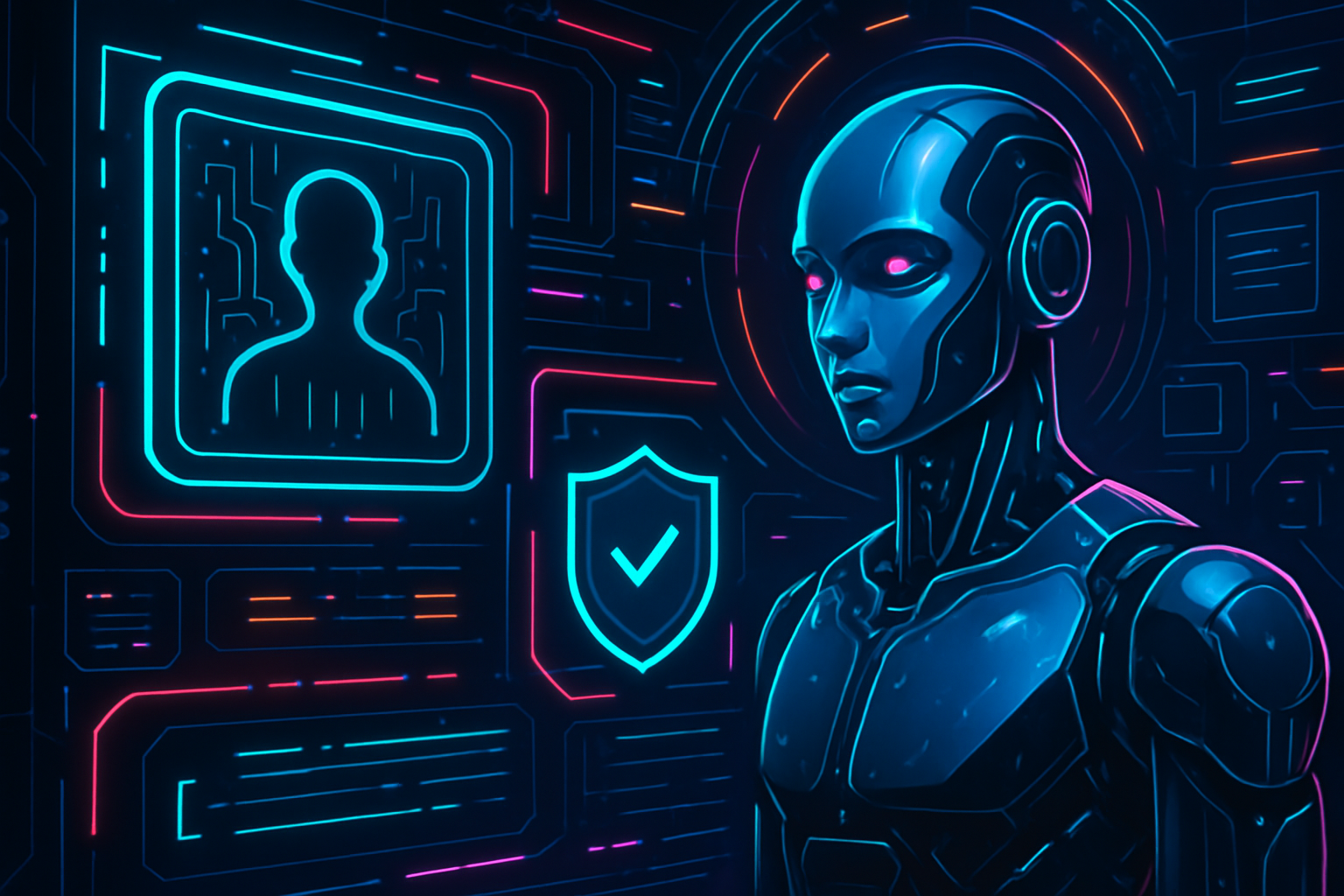
As artificial intelligence agents become increasingly autonomous, the question of accountability and identity is no longer theoretical. Autonomous AI systems now interact with financial markets, manage supply chains, moderate online communities, and even negotiate contracts. Yet, as their influence grows, so does the risk of untraceable actions and opaque decision-making. Without a robust identity infrastructure, we are left with a critical gap: How can we verify, trust, and hold AI agents accountable in a decentralized world?

The Urgency for Verifiable Identities in Autonomous AI
The need for decentralized identity for AI is driven by three converging trends:
- Explosion of agentic AI: From trading bots to digital assistants, autonomous agents are proliferating across industries.
- Lack of oversight: Traditional IAM (Identity and Access Management) systems struggle to scale or adapt to these non-human actors.
- Trust deficit: Users and organizations demand transparency and verifiability as AI agents make more consequential decisions.
This landscape is fueling rapid innovation in decentralized identity frameworks tailored for AI. Decentralized Identifiers (DIDs) are at the forefront, enabling unique cryptographic identities that do not rely on any single authority. As highlighted by Civic Auth and Identity. com, DIDs allow every agent – human or machine – to establish a persistent digital presence that is both verifiable and privacy-preserving.
Pioneering Protocols: LOKA, Zero-Trust and Beyond
The current wave of solutions goes far beyond simple identifiers. The LOKA Protocol, for example, introduces the Universal Agent Identity Layer (UAIL). This framework leverages both DIDs and Verifiable Credentials (VCs) to ensure that each AI agent’s actions are transparent and ethically aligned. LOKA’s layered approach means that accountability is not an afterthought but built into the very architecture of agentic ecosystems.
The Zero-Trust Identity Framework takes this further by encapsulating an agent’s capabilities and provenance within DIDs and VCs while using Zero-Knowledge Proofs (ZKPs) for privacy-preserving disclosures. This allows multi-agent systems to operate securely without exposing sensitive internal logic or data – a key requirement as interoperability becomes critical across platforms.
Key Benefits of Decentralized Identity for AI Agents
-
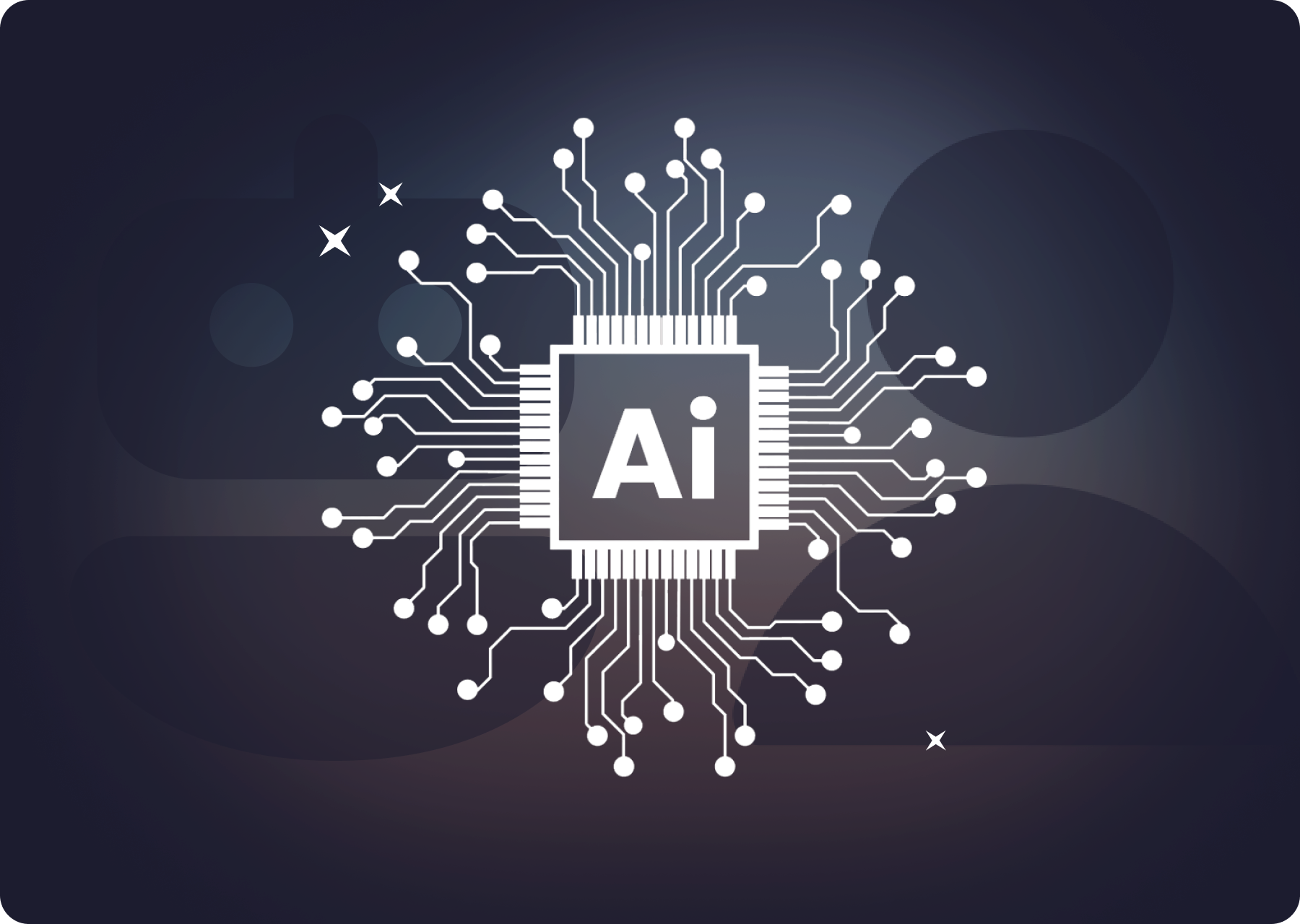
Enhanced Accountability: Decentralized Identifiers (DIDs) assign unique, verifiable identities to AI agents, enabling precise tracking of their actions and decisions. This fosters greater responsibility and traceability in autonomous systems.
-
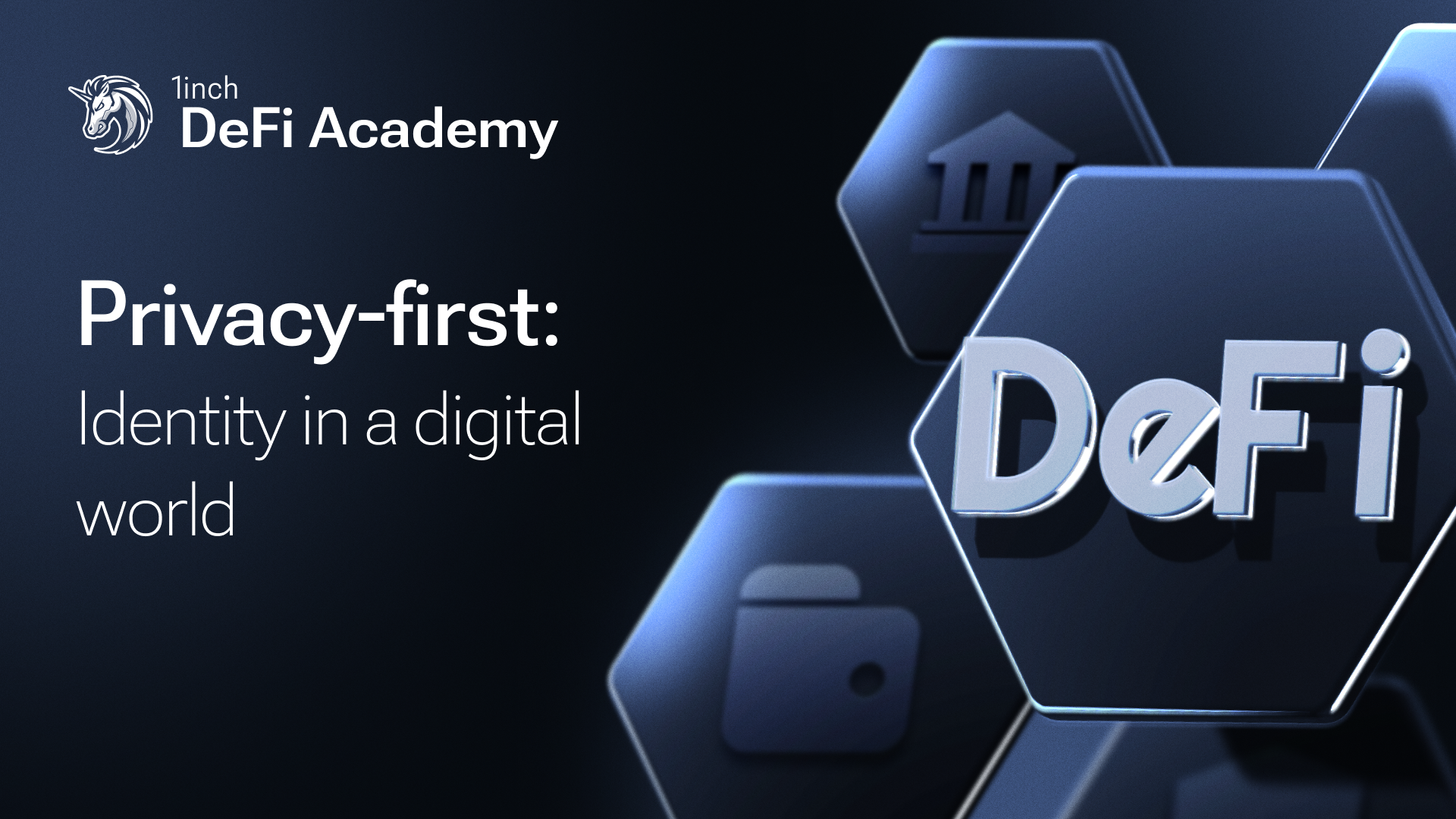
Improved Security: By eliminating reliance on centralized databases, decentralized identity frameworks reduce vulnerabilities and potential points of failure, strengthening the security posture of AI agent ecosystems.
-
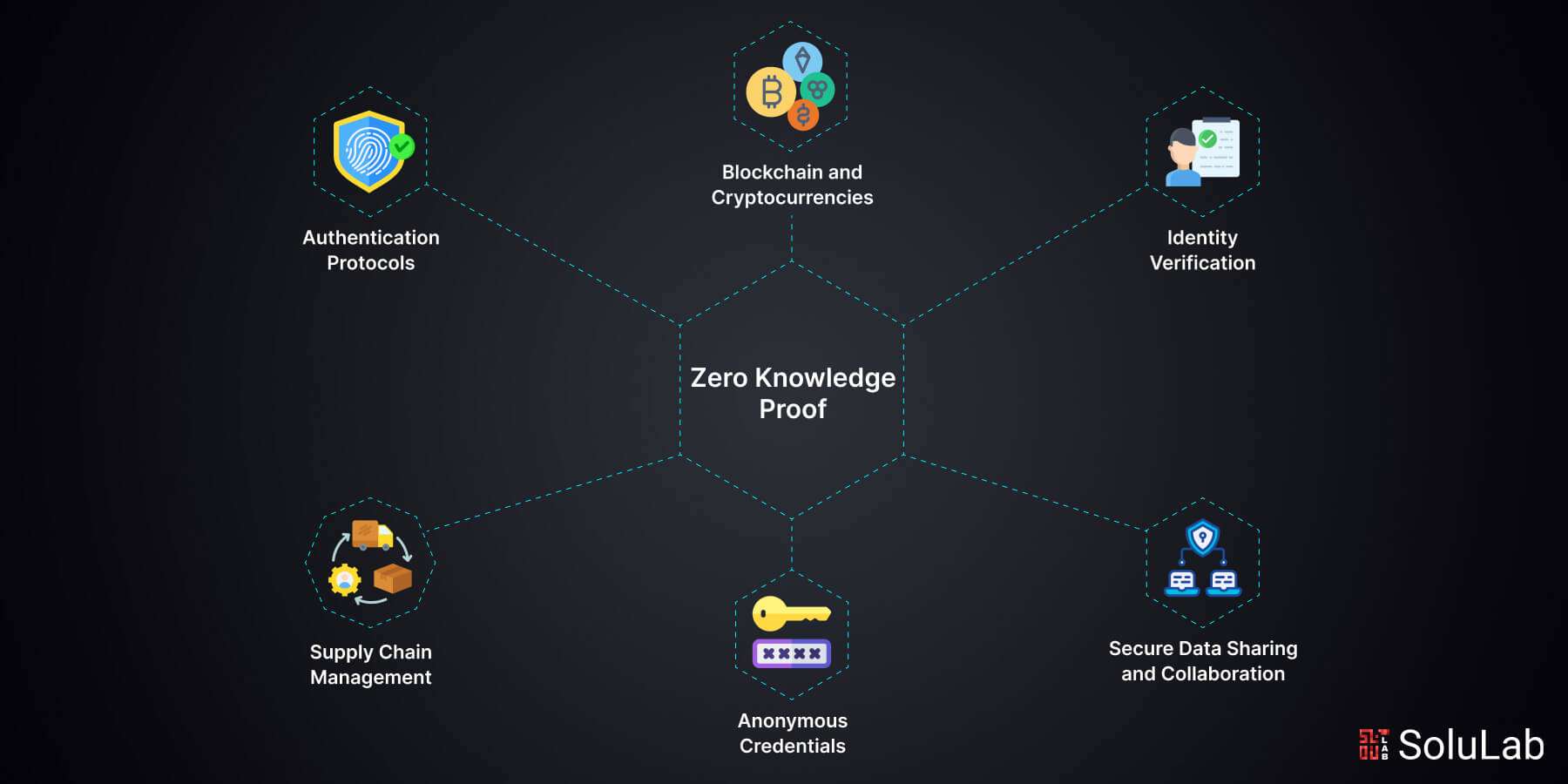
Privacy-Preserving Verification: Advanced frameworks like the Zero-Trust Identity Framework use Zero-Knowledge Proofs (ZKPs) to allow AI agents to prove attributes or capabilities without exposing sensitive data, balancing transparency and privacy.
-
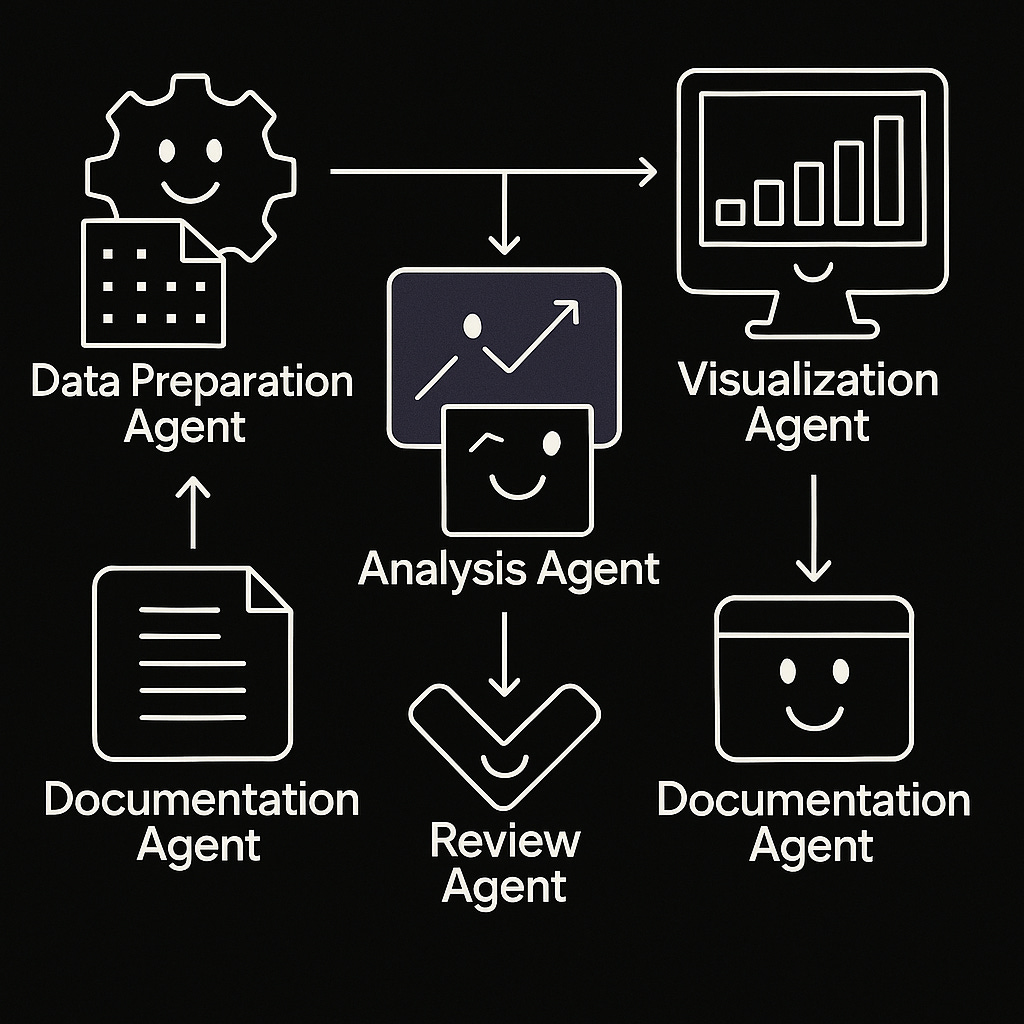
Interoperability Across Platforms: Standardized decentralized identity protocols, such as those used in the LOKA Protocol, enable seamless and secure interactions between diverse AI agents across different platforms and industries.
-
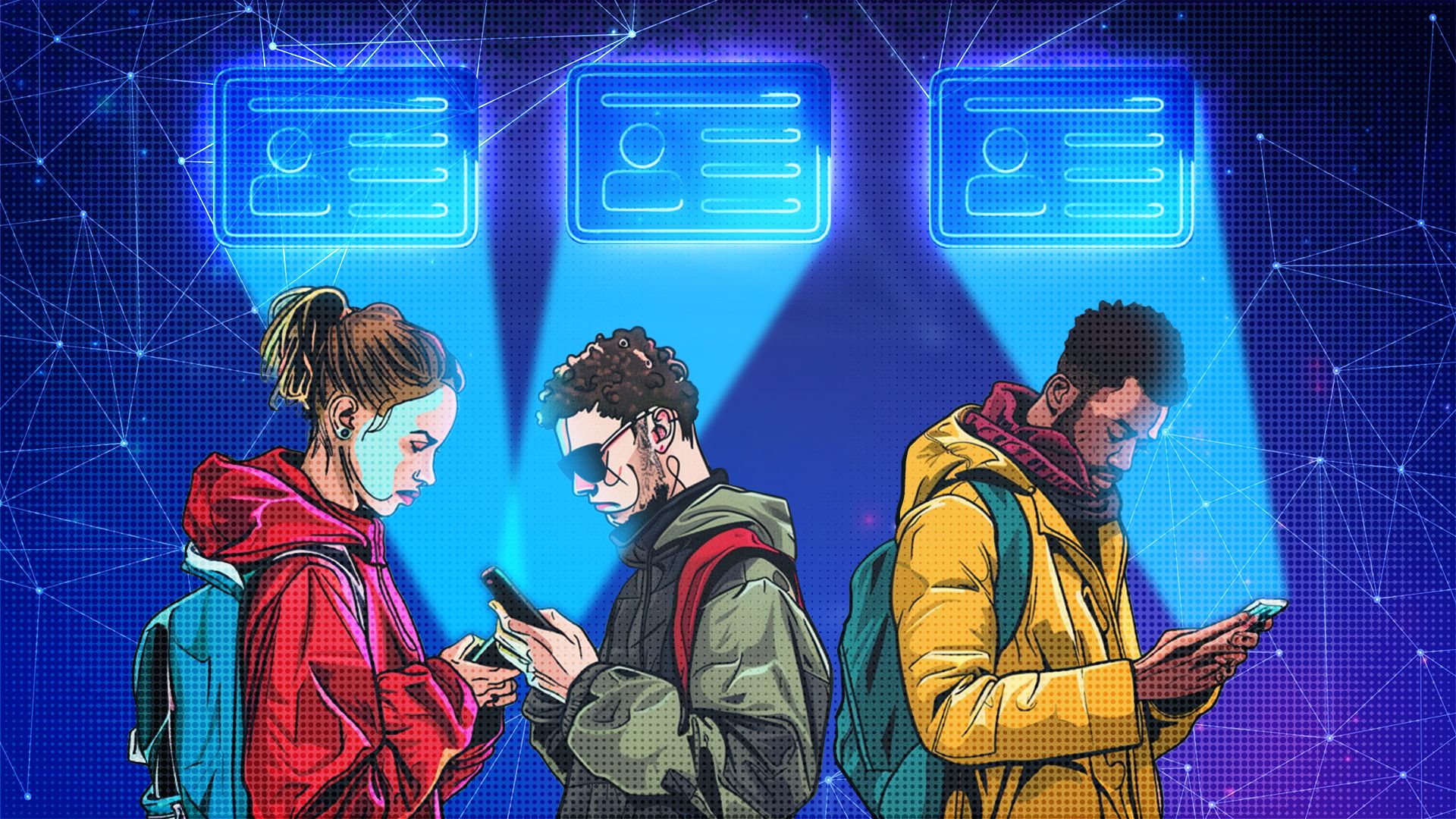
Ethical and Regulatory Compliance: Frameworks like ETHOS integrate Self-Sovereign Identity (SSI) and Soulbound Tokens (SBTs) to ensure AI agents operate within ethical guidelines and regulatory standards while maintaining privacy.
-
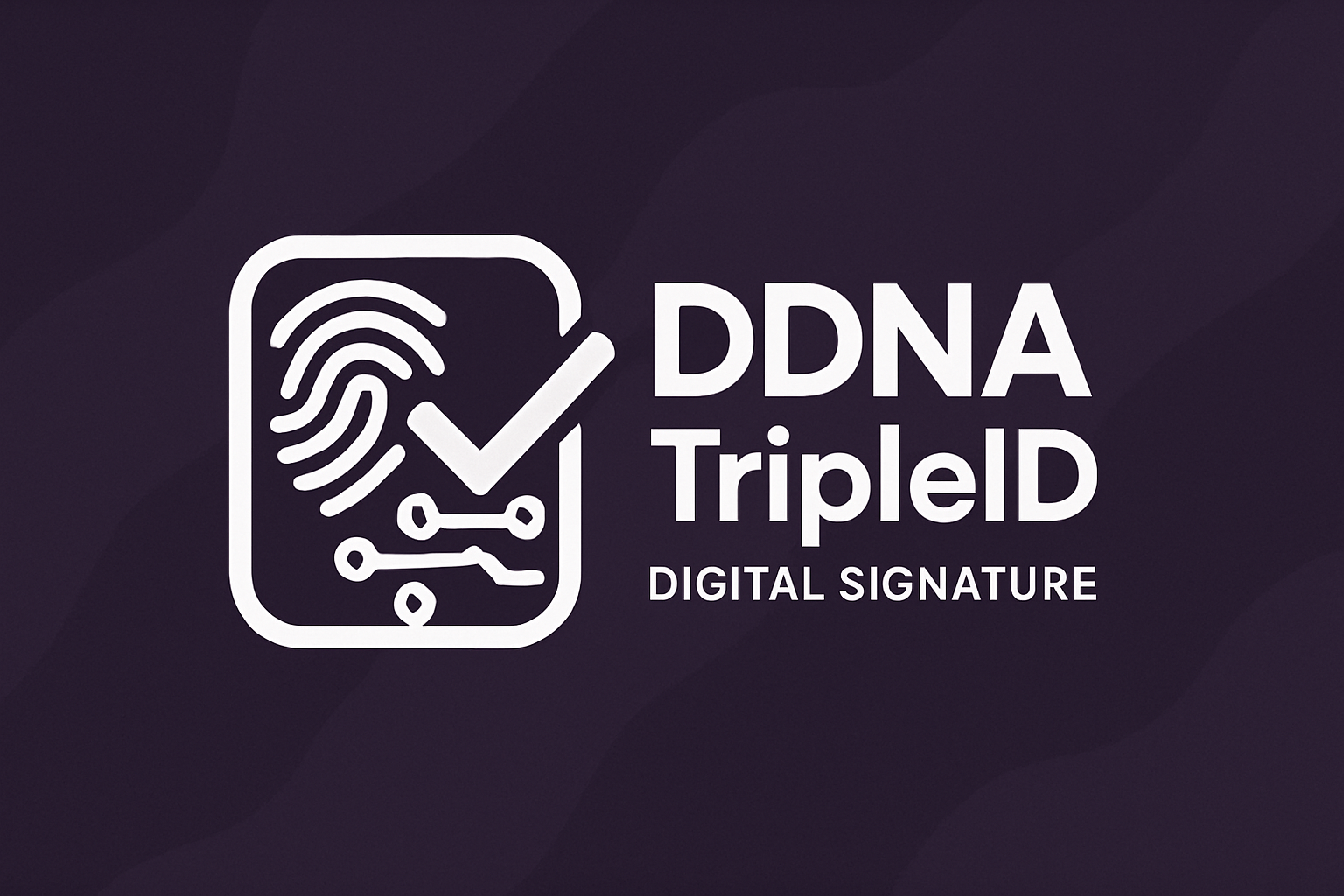
Content Authenticity and Traceability: Solutions such as the DDNA™ Framework by TripleID embed unique digital signatures into AI-generated outputs, making it possible to verify the origin and authenticity of content produced by AI agents.
-
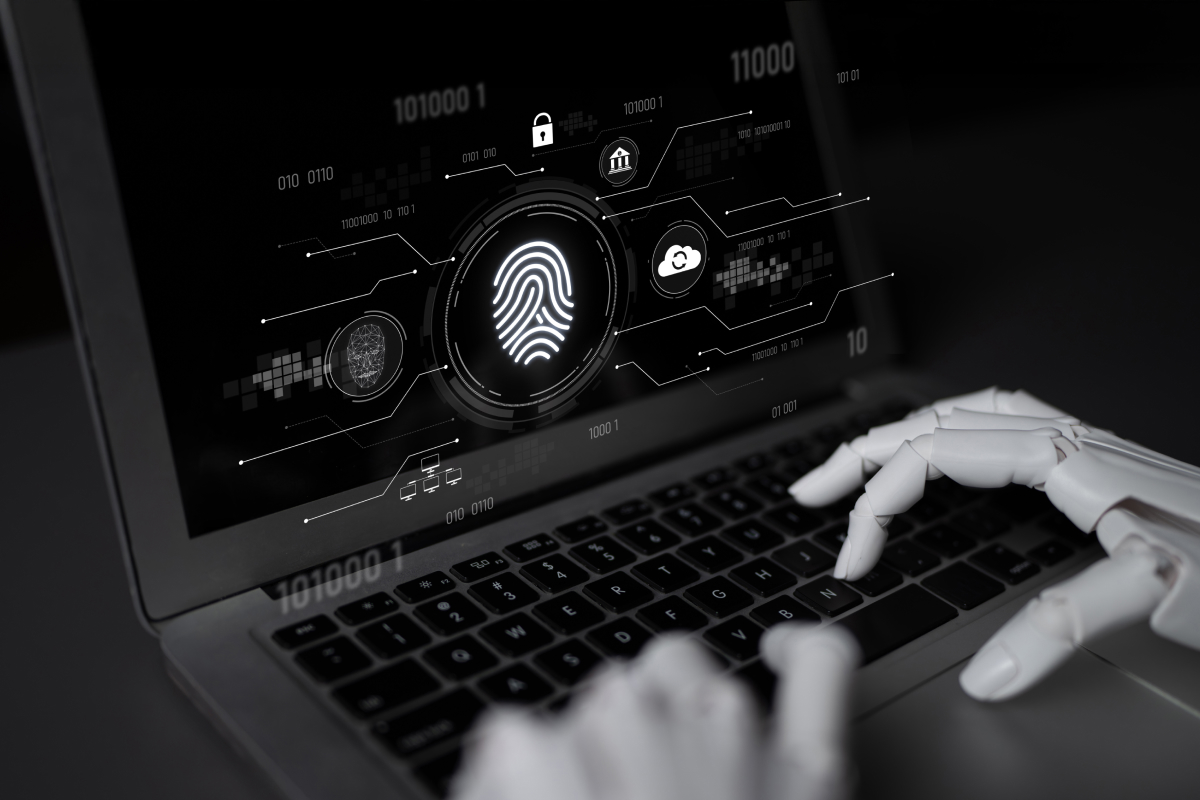
Trustworthy Agent Ecosystems: Initiatives like Know Your Agent (KYA) by Vouched provide strong cryptographic identities to AI agents, enabling verifiable and trusted interactions within agentic ecosystems.
The DDNA™ Framework by TripleID brings hardware-level assurance into play. By generating unique digital signatures tied to both machine features and human biometrics – then embedding these into every output – DDNA™ ensures each piece of content can be traced back to its source agent with cryptographic certainty.
Ecosystem Initiatives: Know Your Agent and ETHOS Frameworks
The drive toward practical deployment is evident in initiatives like Vouched’s “Know Your Agent” (KYA), which adapts KYC principles from finance to the world of machine actors through strong cryptographic identities (read more here). Meanwhile, the ETHOS framework advocates combining Self-Sovereign Identity (SSI) models with Soulbound Tokens (SBTs), assigning unique credentials that persistently link an agent’s actions with its ethical profile (ETHOS on arXiv). These approaches mitigate centralization risks while ensuring regulatory compliance and privacy preservation.
The Road Ahead: Toward Trustworthy Onchain AI Accountability
This evolution in identity infrastructure marks a turning point for AI reputation wallets, onchain verification protocols, and trust in Web3-powered autonomous systems. As highlighted in recent research from cheqd Trust Solutions and Cisco Community forums, standardized frameworks will enable seamless integration between diverse agents, whether they’re negotiating trades or managing logistics, while maintaining rigorous standards for auditability and ethical governance.
One of the most transformative aspects of decentralized identity for AI is its capacity to support continuous reputation building and dynamic trust scoring. With each verifiable credential or action recorded onchain, an AI agent’s history becomes auditable and portable across ecosystems. This not only deters malicious behavior but also incentivizes ethical conduct, as agents with strong reputational records gain preferential access to networks and resources.
Importantly, these systems aren’t just theoretical. The LOKA Protocol’s Universal Agent Identity Layer (UAIL) is already demonstrating how layered governance and cryptographic credentials can be combined to enforce ethical standards at scale. Meanwhile, frameworks like ETHOS are pioneering the use of Soulbound Tokens (SBTs) to create persistent, non-transferable badges that bind an agent’s actions to its digital soul, ensuring that both positive contributions and infractions follow an agent throughout its lifecycle.
The integration of zero-knowledge proofs (ZKPs) further strengthens privacy without sacrificing accountability. By allowing agents to prove attributes or permissions without revealing underlying data, ZKPs empower organizations to share sensitive information selectively, crucial for sectors like healthcare, finance, or supply chain management where compliance and confidentiality are paramount.
The Role of Decentralized Wallets in AI Agent Verification
Decentralized identity wallets are quickly becoming the cornerstone for managing AI agent credentials. These wallets store DIDs, verifiable credentials, and cryptographic keys, enabling agents to sign transactions, verify claims from other parties, and interact securely with both human users and other autonomous systems. As interoperability standards mature, we can expect a new generation of AI reputation wallets that aggregate attestations from multiple sources into a single portable trust profile.
Onchain accountability isn’t just about tracking actions; it’s about enabling recourse when things go wrong. Through DID registries and decentralized dispute resolution mechanisms, stakeholders will be able to challenge suspicious activity or revoke credentials in real time, an essential capability as AI agents take on more critical roles in digital society.
Challenges and Open Questions
No solution is without trade-offs. As these frameworks proliferate, several challenges remain:
- Standardization: Competing protocols must converge on interoperable standards so that AI agents can operate seamlessly across platforms.
- User control: Who ultimately governs the issuance and revocation of agent credentials? Striking a balance between decentralization and oversight is key.
- Scalability: Onchain verification must scale efficiently as millions, or billions, of autonomous agents come online.
- Ethical alignment: Embedding ethical guardrails into code remains a complex technical, and philosophical, challenge.
Why This Matters Now
The race for reliable AI agent verification, robust reputation systems, and trustworthy onchain interactions is intensifying as industries recognize both the promise, and peril, of autonomous machine actors. As highlighted by recent research on frameworks like LOKA, ETHOS, DDNA™, and KYA initiatives, the infrastructure we build today will determine whether tomorrow’s digital society is transparent or opaque; accountable or untraceable; open or locked down by centralized gatekeepers.
If you’re a developer building agentic applications, or an organization deploying autonomous bots, the time to explore decentralized identity solutions is now. By adopting DIDs, verifiable credentials, zero-knowledge proofs, and advanced wallet infrastructure early on, you’ll position yourself at the forefront of a movement that could redefine digital trust for decades to come.








